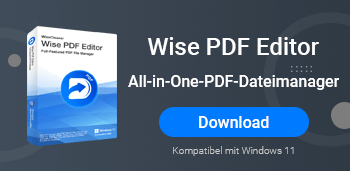Home > Denkfabrik > Use an Extra Drive As a Scratch Disk for Increased Speed and Space
December 19, 2013
Use an Extra Drive As a Scratch Disk for Increased Speed and Space
When you edit photos and video, files are constantly cached to your internal drive by default, which can slow you down quite a bit. You can make your system run faster by caching these files to an external drive instead.
Depending on how long you've had your computer, you probably have more than one hard drive lying around. You might even have them in external enclosures, wondering what to do with them. Technology blog Tested notes that turning one of those drives into a scratch disk can give you a nice boost in speed and hard drive space during the editing process:
Programs like Premiere Pro, Photoshop and Gimp all make use of a scratch disk, where these scraps files and temporary data are stored when you run out of RAM. If you're working with a large project, those files can grow in size fast. By shifting them all to another drive entirely, you're lessening the load placed on your internal drive, splitting reads and writes between two places, as opposed to one. You'll render faster, export quicker and be all the happier for it.
Most programs will allow you to easily set an external drive as a scratch disk in their preferences. In fact, some programs will even prompt you to switch to an external scratch disk if you're still using your internal drive. If you do any kind of media editing, it's a pretty nice PC upgrade that you can get on the cheap (or on the free, if you already have an unused drive).
Depending on how long you've had your computer, you probably have more than one hard drive lying around. You might even have them in external enclosures, wondering what to do with them. Technology blog Tested notes that turning one of those drives into a scratch disk can give you a nice boost in speed and hard drive space during the editing process:
Programs like Premiere Pro, Photoshop and Gimp all make use of a scratch disk, where these scraps files and temporary data are stored when you run out of RAM. If you're working with a large project, those files can grow in size fast. By shifting them all to another drive entirely, you're lessening the load placed on your internal drive, splitting reads and writes between two places, as opposed to one. You'll render faster, export quicker and be all the happier for it.
Most programs will allow you to easily set an external drive as a scratch disk in their preferences. In fact, some programs will even prompt you to switch to an external scratch disk if you're still using your internal drive. If you do any kind of media editing, it's a pretty nice PC upgrade that you can get on the cheap (or on the free, if you already have an unused drive).

 Download Center
Download Center